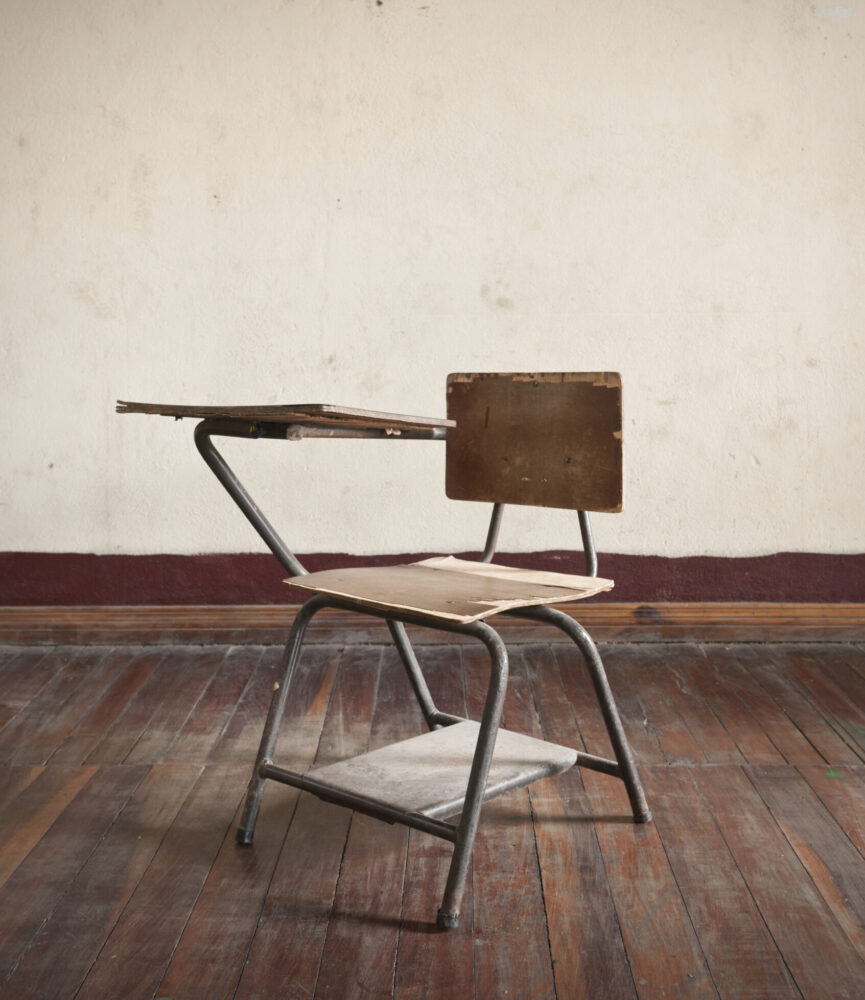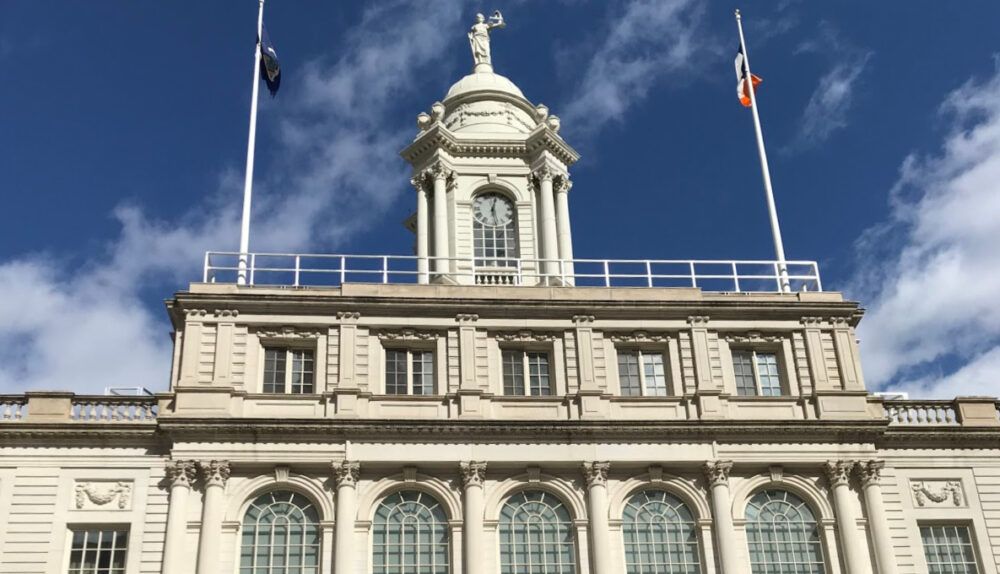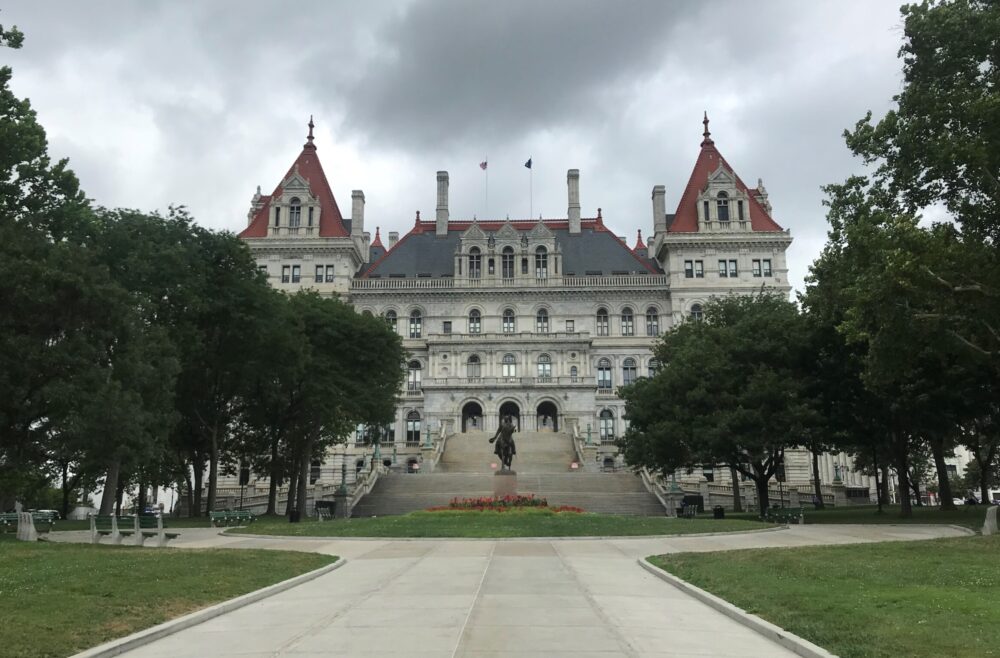Droits civiques suspendus : une analyse des politiques disciplinaires des écoles à charte de la ville de New York
Ce rapport de février 2015 décrit les conclusions de l'examen par l'AFC de 164 politiques disciplinaires des écoles à charte de la ville de New York obtenues grâce à des demandes liées à la loi sur la liberté d'information. Un nombre important d'écoles à charte municipales ont des politiques disciplinaires qui ne répondent pas aux exigences légales, ce qui entraîne des violations des droits civils des élèves et des parents. Le rapport comprend des recommandations que les législateurs des États devraient prendre en compte lorsqu'ils discutent de l'augmentation du plafond des écoles à charte et de la garantie que les écoles à charte servent les étudiants ayant des besoins élevés.

Under the United States Constitution, as well as federal and New York state laws, students and their parents have the right to a specific process prior to suspension or expulsion from any public school, including charter schools. Yet, a significant number of New York City’s charter schools have discipline policies that fail to meet the legal requirements, leading to violations of students’ and parents’ civil rights.
Droits civiques suspendus : une analyse des politiques disciplinaires des écoles à charte de la ville de New York describes key findings that we have made after reviewing 164 New York City charter school discipline policies obtained through Freedom of Information Law requests.
Of the 164 New York City charter school discipline policies we reviewed:
- 107 permit suspension or expulsion as a penalty for any of the infractions listed in the discipline policy, no matter how minor the infraction.
- 82 permit suspension or expulsion as a penalty for lateness, absence, or cutting class, in violation of state law.
- 133 fail to include the right to written notice of a suspension prior to the suspension taking place, in violation of state law.
- 36 fail to include an opportunity to be heard prior to a short-term suspension, in violation of the U.S. Constitution, New York State Constitution, and state law.
- 25 fail to include the right to a hearing prior to a long-term suspension, in violation of the U.S. Constitution, New York State Constitution, and state law.
- 59 fail to include the right to appeal charter school suspensions or expulsions, even though state law establishes a distinct process for charter school appeals.
- 36 fail to include any additional procedures for suspending or expelling students with disabilities, in violation of federal and state law.
- 52 fail to include the right to alternative instruction during the full suspension period, in violation of state law.
“Charter schools can discipline their students, but they must uphold their students’ rights and provide a fair discipline process,” said Kim Sweet, Executive Director of Advocates for Children. “Without these basic protections, students may be kicked out of school for very minor misbehavior or based on allegations that are in fact unfounded. They miss valuable time in school and can have trouble re-integrating and catching up.”
"My son’s charter school suspended him for 23 days during the year when he got demerits for behaviors such as chewing gum and talking out of turn. He received little to no instruction during that time. My son has a disability, and he needed support, not suspension, to address his behaviors.”
Shirley Paulino, former charter school parent
Last year, the U.S. Department of Education issued guidance to charter schools concerning their obligation to comply with federal civil rights laws, including laws regarding student discipline. The Department noted disparities in the use of suspension and expulsion that negatively impact students of color and students with disabilities and warned that students miss valuable instruction time when excluded from school.
This report includes recommendations for state legislators to consider as they discuss raising the cap on charter schools and ensuring that charter schools serve high-needs students, such as provisions to clarify the legal obligations of charter schools regarding school discipline and to require reporting of charter school suspensions and expulsions. The report also recommends, among other things, that charter school authorizers ensure that all charter schools have discipline policies that meet federal and state legal requirements. It recommends that charter school authorizers develop a model discipline policy with input from community stakeholders; identify best practices and innovative, positive approaches to discipline; and provide training to charter school staff.
"We hear from parents who celebrated winning the charter school lottery only to have their students face repeated suspension or expulsion from school with no opportunity to challenge it. Students do not give up their civil rights when they enter charter schools. We urge the State to ensure that all charter schools have discipline policies that meet legal requirements.”
Paulina Davis, Staff Attorney at Advocates for Children
-
Consulter le communiqué de presse au format PDF
February 12, 2015


